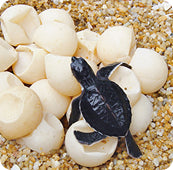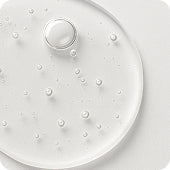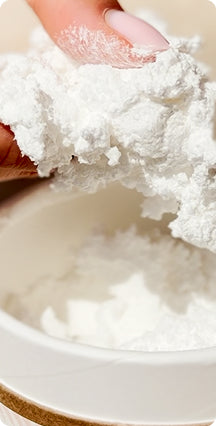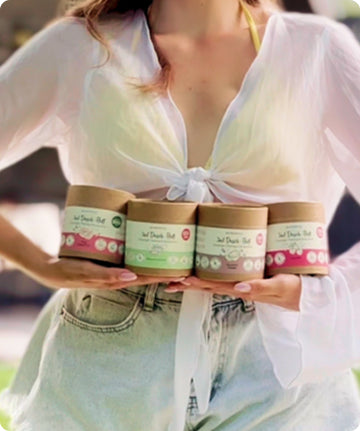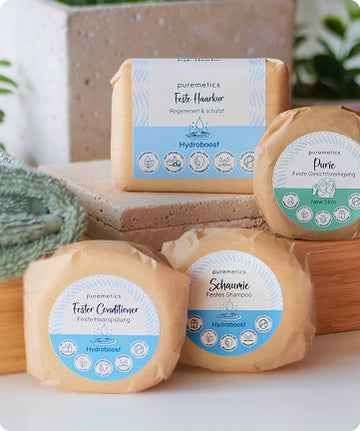The fascinating journey of soap: A historical odyssey from antiquity to today
The fascinating journey of soap: A historical odyssey from antiquity to today
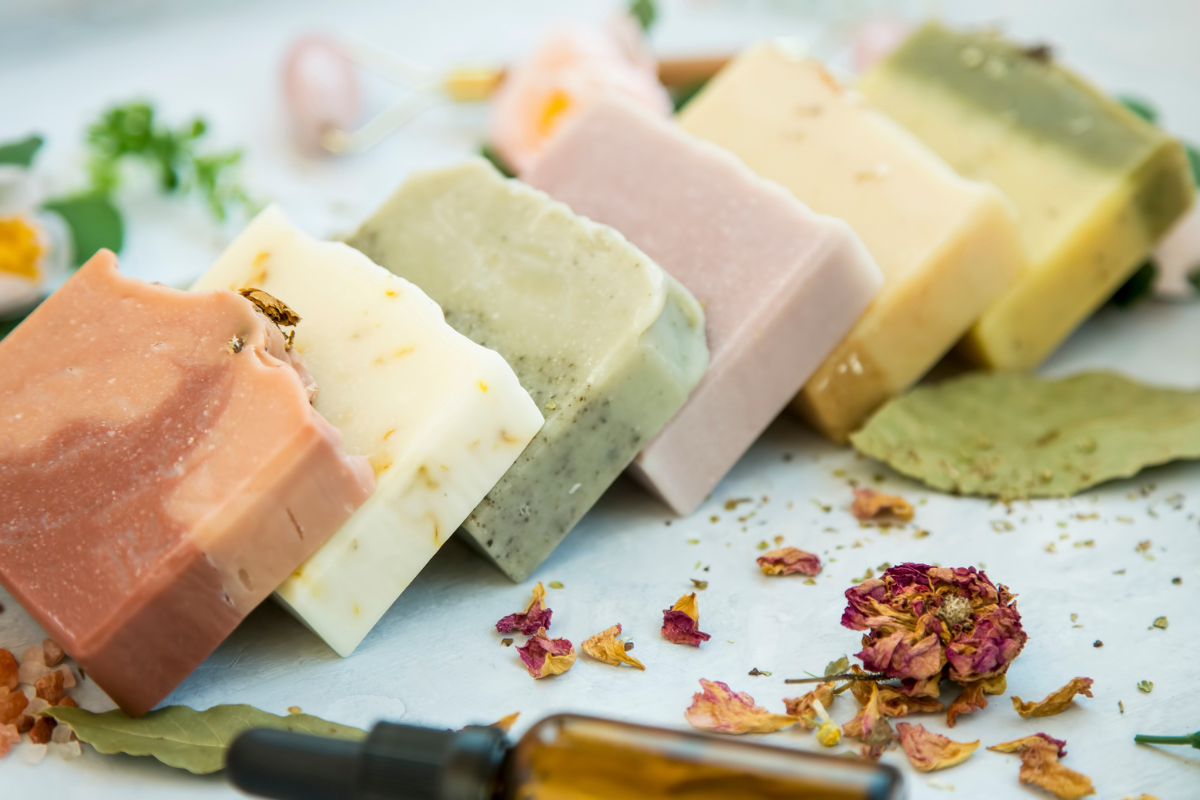
Soap - an everyday product that we often take for granted, but whose history and evolution is a fascinating journey through the millennia. From the early civilizations of antiquity to modern formulations and variations, soap has a long and interesting history. Join me on this historical odyssey as we explore the creation and evolution of soap.
The beginnings of soap: ancient civilizations and first discoveries
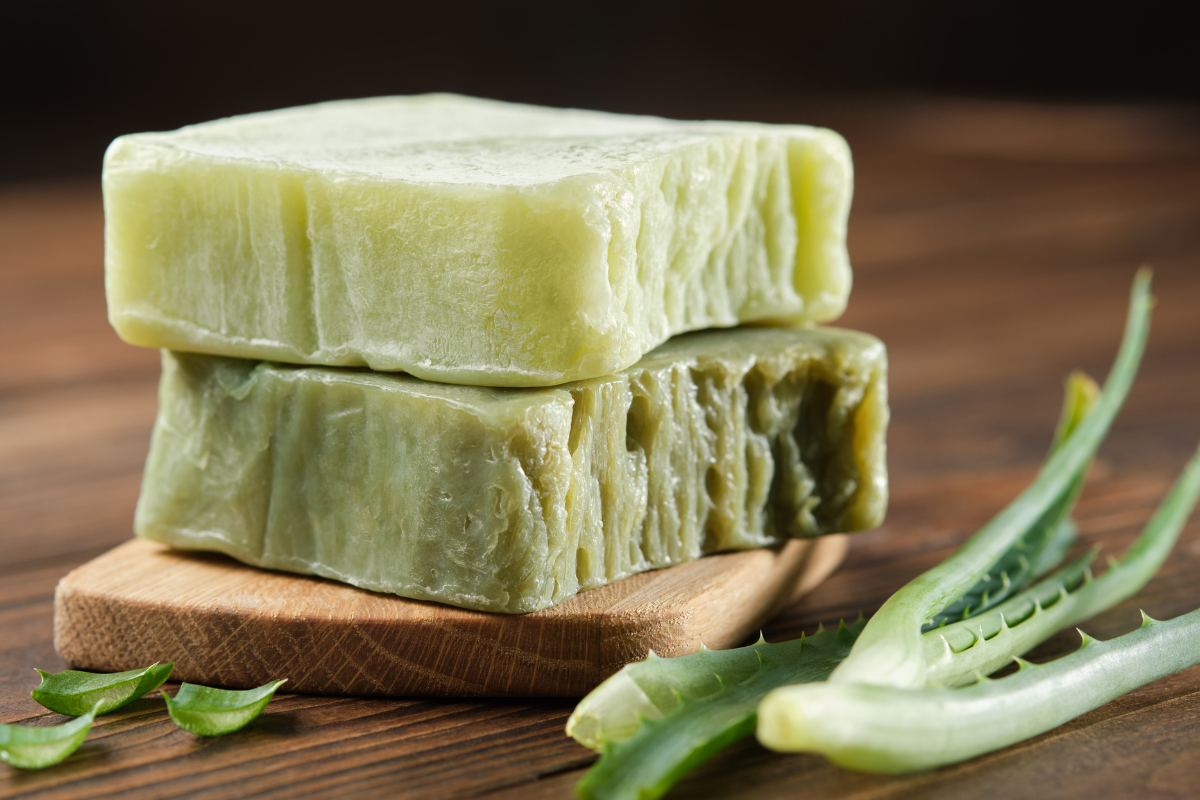
The history of soap stretches back far into ancient times. The earliest evidence of soap use comes from Mesopotamia, where clay tablets dating to the 3rd millennium BC contain evidence of a soap-like substance. Similar finds have also been made in Egyptian tombs dating to around 1500 BC, indicating that the ancient Egyptians may also have made and used soap.
The ancient Greeks and Romans also had knowledge of soap making. They used a mixture of plant ash and animal fat to create a soap-like substance that was used to clean skin and clothing. However, these early soaps were not as refined as those we know today and often had a strong smell.
The heyday of soap making: Middle Ages and Renaissance
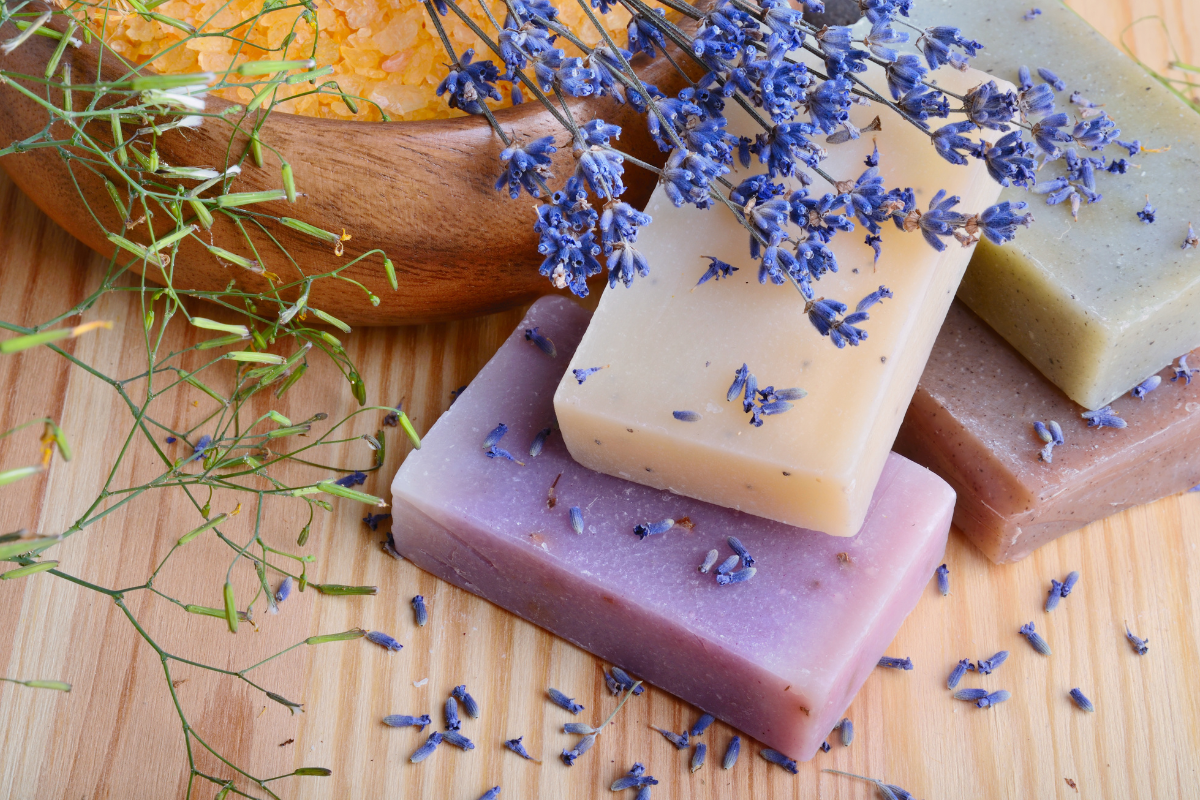
During the Middle Ages and Renaissance, soap making flourished in Europe. Soap factories were established in cities such as Marseille and Naples, producing high-quality soaps that were exported throughout Europe. These soaps were made primarily from olive oil and were known for their cleansing power and pleasant scents.
In the 18th century, modern methods of soap making were developed in Europe, including the use of sodium hydroxide (lye) to saponify fats and oils. This new technique enabled the mass production of soap and led to wider availability and more affordable prices for the product.
The Industrial Revolution and Modernity: Technological Advances and Diversity

The Industrial Revolution brought further advances in soap making. The introduction of steam power and machine production allowed soap to be produced even more efficiently in larger quantities. New ingredients and fragrances were developed to meet the different needs and preferences of consumers.
During the 20th century, numerous innovations were introduced in soap making, including synthetic surfactants, as well as the development of special soaps for different skin types and applications. Today, there is a wide range of soap products on the market, including liquid soaps, solid soaps, antibacterial soaps, natural soaps and much more.
By the way: Our soap range at puremetics is lovingly handcrafted with over 90% natural organic oils.
The importance of soap: hygiene, cleaning and more

The importance of soap in our daily lives cannot be overemphasized. It plays an essential role in maintaining our personal hygiene and cleanliness by removing dirt, oils and bacteria from our skin. Soap is also used in numerous other applications, from cleaning clothes and household items to making cosmetics and medicines.
In addition, soap has a cultural and historical significance that goes far beyond its practical use. It is part of our traditions and rituals and plays a role in religious ceremonies and celebratory occasions.
The history of soap is a fascinating journey through time, reflecting the evolution of humanity. From simple beginnings in ancient times to modern formulations and variations, soap has played and will continue to play a central role in our lives. Its importance to our hygiene, cleaning and health cannot be overlooked, and its story is a fascinating chapter in human history.





